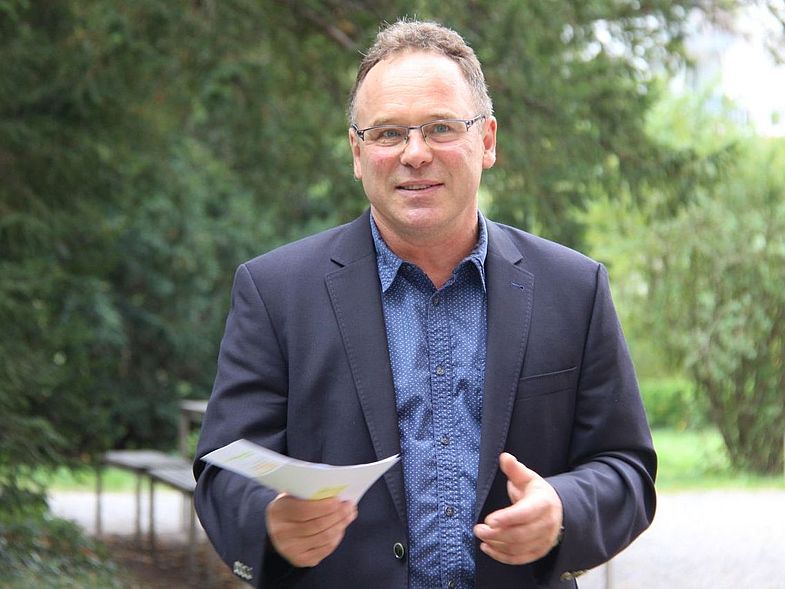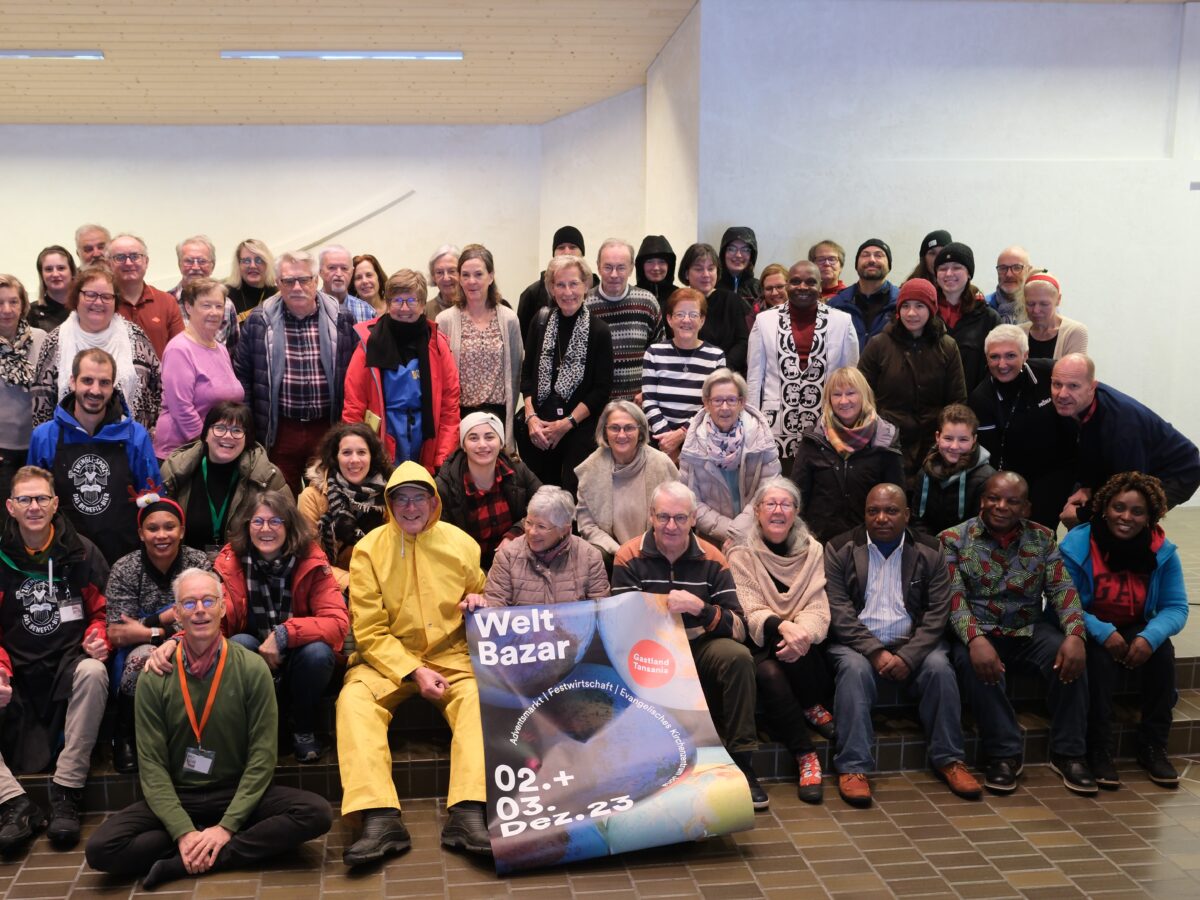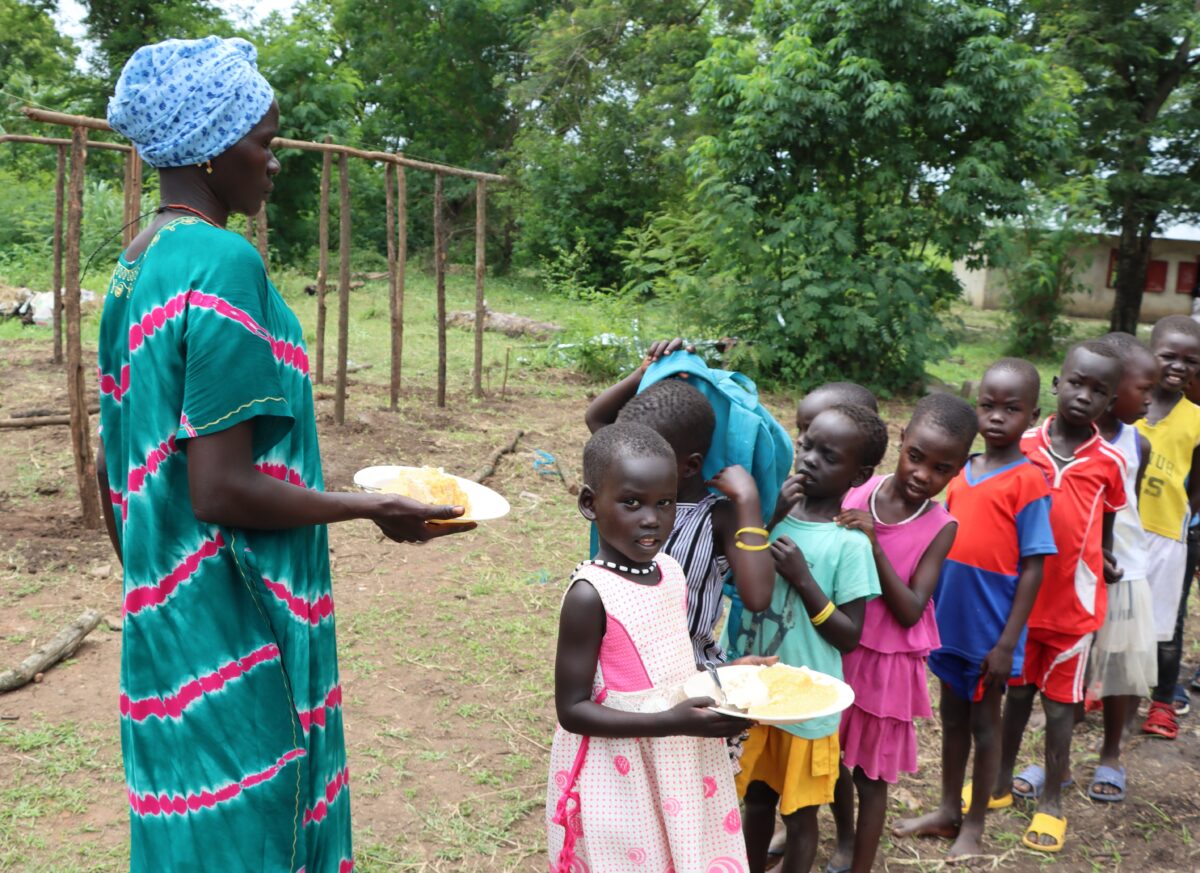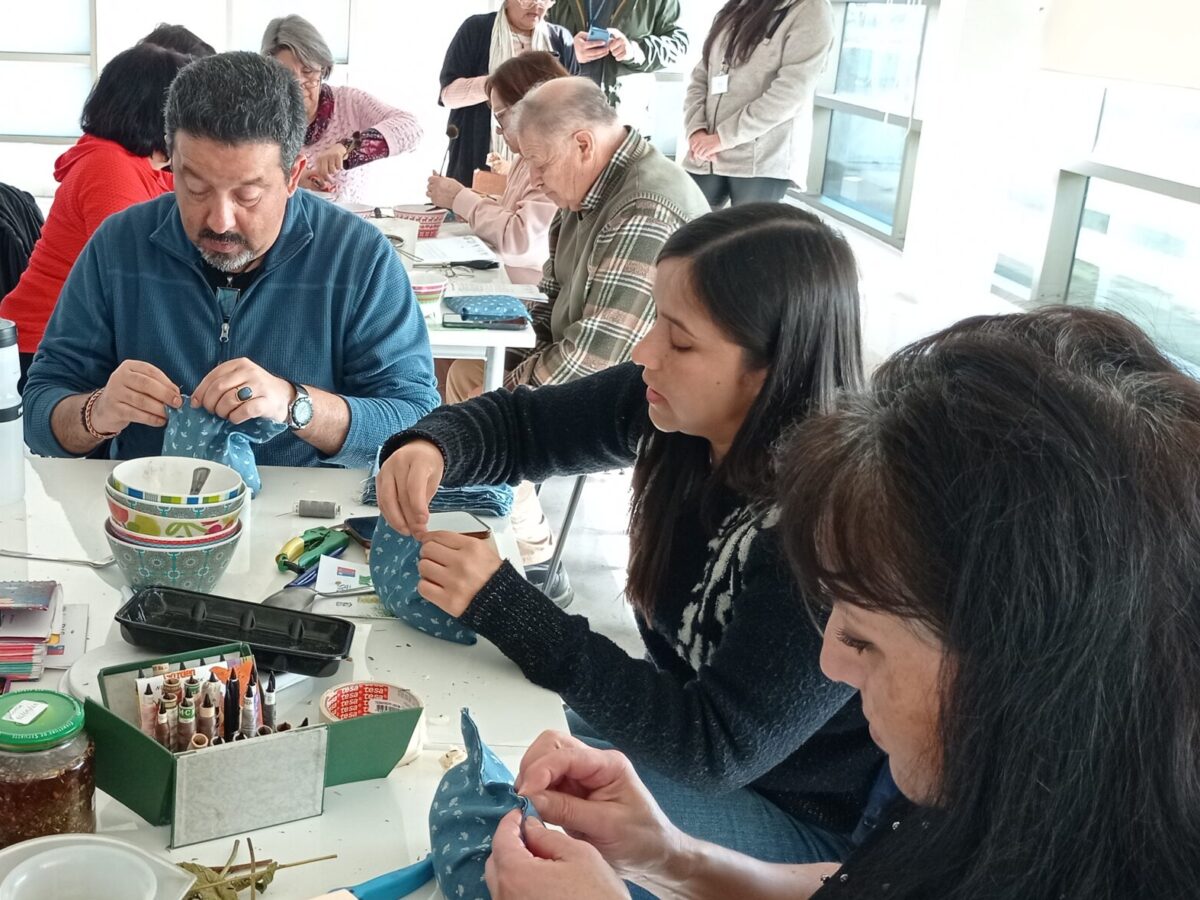The news and images of a brutal war of aggression that are reaching us these days from Ukraine touch and move us deeply. They awaken bitter memories and shake our democratically shaped view of the world, our values and our ideas of living together in peace and security in Europe, which has grown over almost 80 years since the end of the Second World War. The shock wave of this war of aggression is so strong that within a very short time it is able to bridge even previously seemingly irreconcilable political differences in Europe and worldwide in the commitment to international law, to peace and to the protection of the suffering population in Ukraine. Such immediate global solidarity is impressive and comforting, and yet many are also left with a sense of anger and powerlessness in the face of the observed ruthlessness of a power-hungry government and the ongoing brutality and violence it has unleashed.
We as Mission 21 have known this feeling for many years from our Peace work in our partner countries in Africa, Asia and Latin America. Unlike in Ukraine, it often happens far from the attention of world public opinion and the interests of international political lobbying. Yet here, too, the forces of violence always seem so brutal and overpowering, and the forces of peace so delicate and vulnerable. Be it in the civil war in South Sudan, in the armed conflicts in Cameroon or under the terror regime of Boko Haram in Nigeria; be it in the brutal exploitation of Indonesian migrant women in East Asia or the fight against domestic violence in Latin America.
Just as in Ukraine, peace is far more than the absence of war. It is about justice, about freedom, about sustainable relationships, and about the possibility of sharing in power and life opportunities. The Bible refers to such comprehensive peace as "shalom." The United Nations has expressed these connections, among other things, in its Sustainable Development Goals; and therein, in particular, in Goal 16+, Building Peaceful, Equitable and Inclusive Societies. We, as Mission 21, also see ourselves connected to the concern of promoting such comprehensive peace. Our long experience in intercultural and interreligious peacebuilding and our focus on the interplay between religion and development are of great help to us.
We work at eye level with local people to resolve conflicts and structural violence peacefully and campaign against violence against women and children. Religious or ethnic aspects often play an important role in conflicts. Mission 21 brings its expertise in interreligious and intercultural peacebuilding to bear here. For example, we support internally displaced persons in South Sudan in dealing with war trauma and anchoring peace and reconciliation in the population. We offer protection and legal advice to Indonesian migrant women in East Asia. We create new perspectives for peaceful coexistence among people in Latin American societies.
Peace with justice is the basis for our living together and for our work in Europe and worldwide - Thank you for supporting us in this!
Rev. Jochen Kirsch
Director Mission 21






